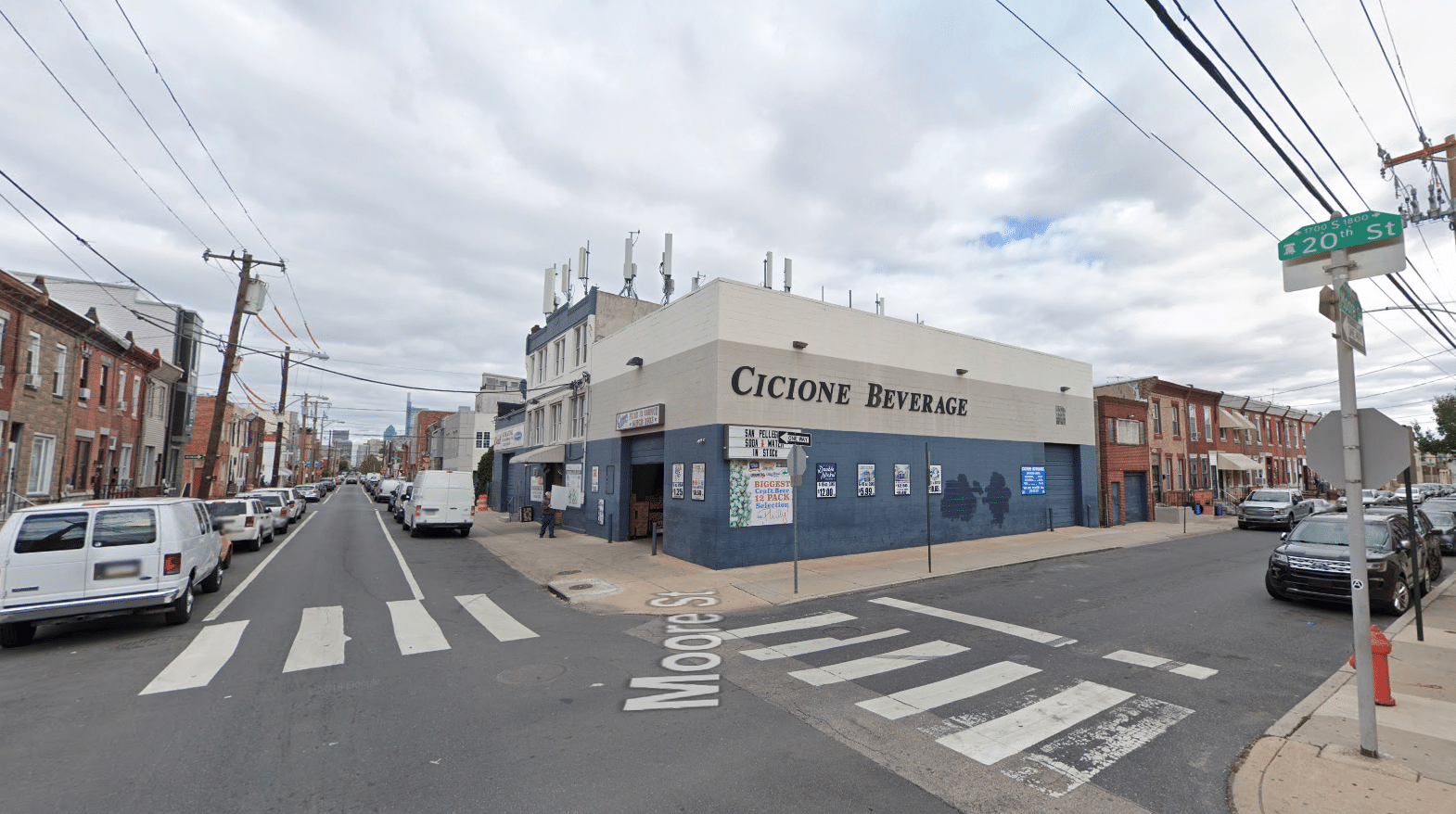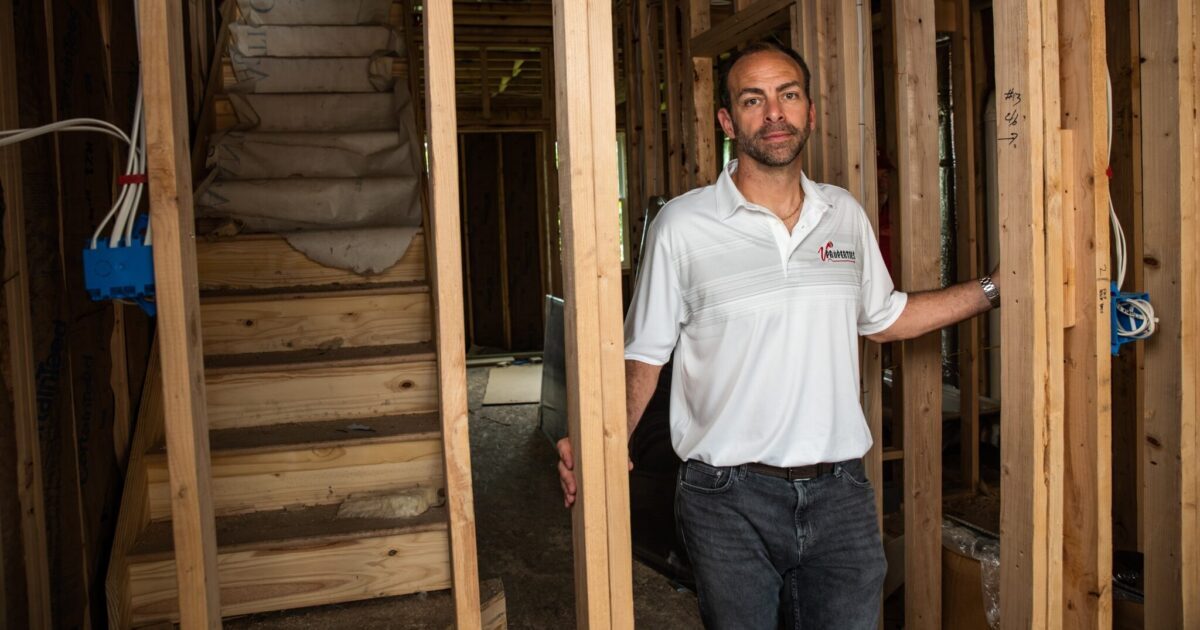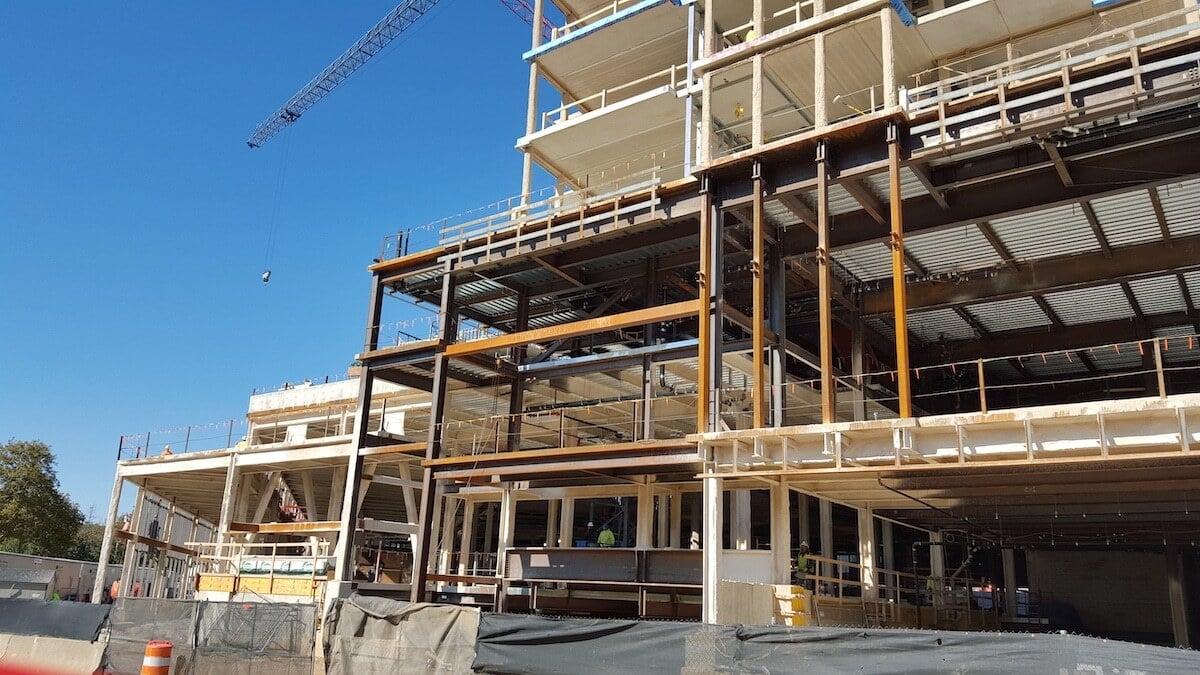Developer Converts Multi-family Building Into a Condominium
Our real estate developer client sought to convert a newly constructed two-unit residential building into a condominium in a highly desirable...

We represented a property owner, who operates a family-owned beverage distribution company in the Graduate Hospital section of Philadelphia, in her attempt to reduce the real estate taxes due on account of the property. The business is the oldest beer distributor in Philadelphia—founded just after Prohibition ended in 1933.
In Philadelphia, the Office of Property Assessment (OPA) determines the value of every parcel of real estate. The assessed value is used to calculate the property’s annual tax obligation.
At the time, the tax rate meant that for every $100,000 in assessed value, the property owner would owe approximately $1,400 in real estate taxes.
When we were retained, the OPA had assessed the property’s value at $3.3 million—resulting in an annual tax bill of $46,200.
We first filed a first-level review with the OPA to challenge the assessment. When that was denied, we escalated the appeal to the Board of Revision of Taxes (BRT), which ensures market value assessments are fair and accurate.
While the appeal was pending, we negotiated directly with the OPA and succeeded in reducing the property’s assessed value to $2.2 million. This resulted in real estate taxes of $30,800—saving our client $15,400 for that tax year alone.
As part of the resolution, the OPA also agreed to freeze that lower assessed value for the following year, securing an additional $15,400 in savings.
Because the client operated her business at the property, she also owed use and occupancy (U&O) taxes. These are calculated by multiplying the assessed value by 1.21%, minus a $2,000 deduction.
At the original $3.3 million valuation, U&O taxes were $37,930. After the reduction to $2.2 million, U&O taxes dropped to $24,620.
Over the relevant tax years, we saved the client an additional $26,620 in U&O taxes.
In all, we saved this family-owned Philadelphia business nearly $55,000 in real estate and occupancy taxes—preserving capital and ensuring the property remained financially viable for generations to come.

Our real estate developer client sought to convert a newly constructed two-unit residential building into a condominium in a highly desirable...

The City of Philadelphia’s Office of Property Assessment administers what is commonly known as the contractor’s tax exemption program and also the...

Most significantly, the 10-year tax abatement on residential new construction, which was previously scheduled to be significantly altered beginning...